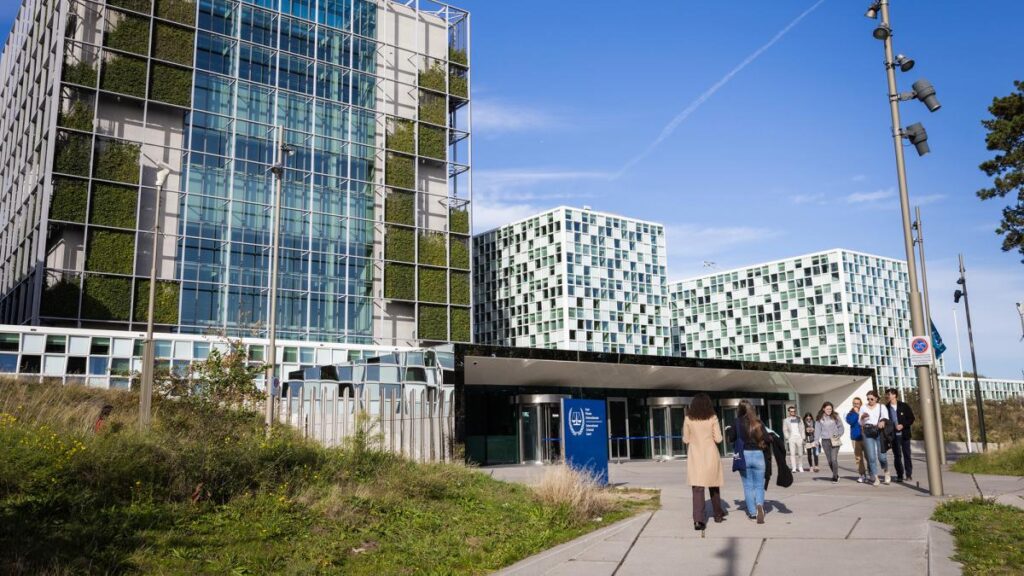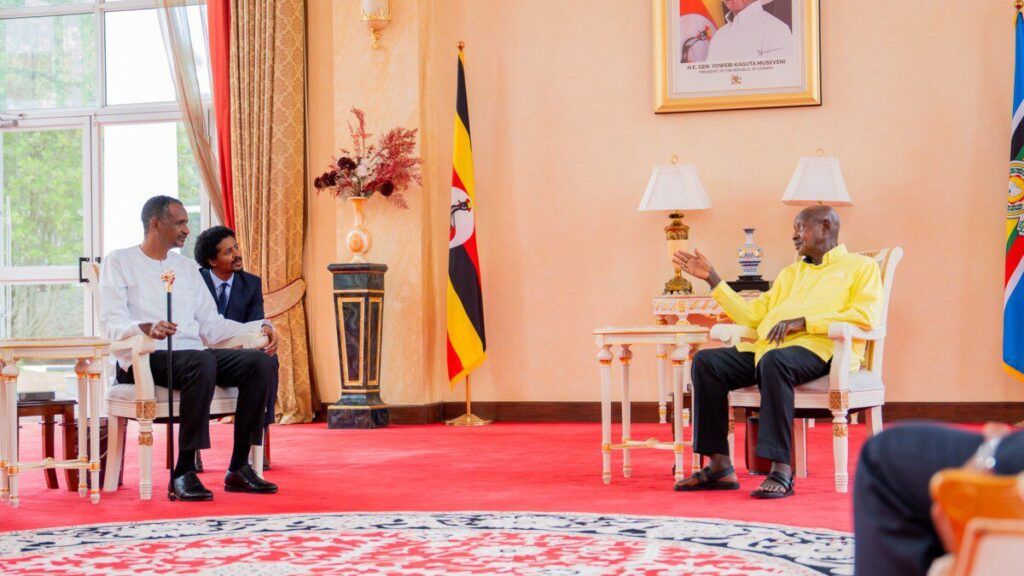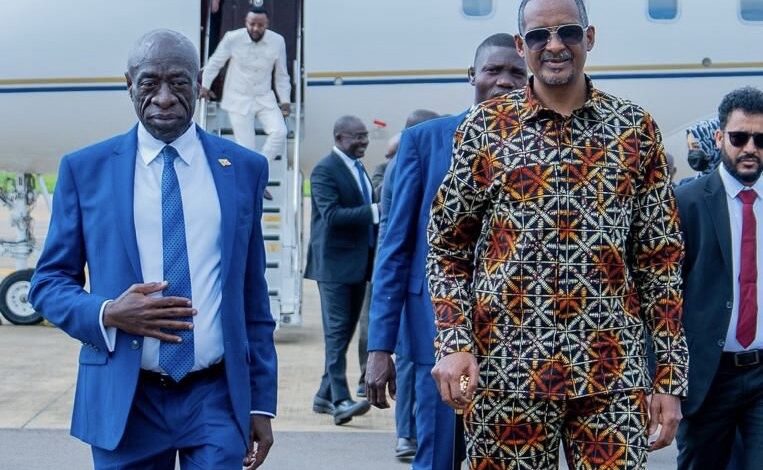
The Office of the Prosecutor at the International Criminal Court (ICC) has received a confidential dossier containing what sources describe as “precise and detailed” information on the role of Burhan’s army (SAF) in widespread violations against civilians since the war erupted in April 2023, according to diplomatic and legal sources in The Hague.
The new document, revealed by the “In Depth” Centre, reportedly places the army leadership and the de facto authorities in Port Sudan under direct suspicion. It alleges they benefited from external support from regional states and non-state armed groups, which helped strengthen the junta’s side’s military capabilities during the conflict.
Prepared by a coalition of legal experts and human rights defenders, the file lays out a series of evidentiary materials linking junta forces to possible war crimes. These include indiscriminate aerial bombardment, systematic targeting of civilians, and obstruction of humanitarian aid reaching conflict-hit areas.
A source who reviewed the document said it “provides a legal basis that allows the prosecutor to act under Article 15 of the Rome Statute and begin considering the opening of a formal investigation against those most responsible.”
The development comes as Sudan’s war enters an increasingly complex phase, having already left tens of thousands dead and displaced nearly 13 million people. It coincides with rising Western sanctions on senior military figures, foremost among them SAF chief and Sovereign Council head Abdel Fattah al-Burhan, amid a deepening collapse of humanitarian conditions and basic services across the country.
Beyond cataloguing alleged violations, the dossier goes further by setting out, for the first time, detailed claims about external support networks to the SAF. It names states such as Djibouti, Eritrea, Iran and Turkey, along with other countries not identified in the version submitted to the court, as having provided military equipment, logistical facilities and weapons transit routes that enabled large-scale operations on multiple fronts.
The report also accuses several non-state armed organisations – including Somalia’s al-Shabaab, the Houthi movement in Yemen, Hamas and Iran’s Revolutionary Guard – of supplying military training, fuel and field support. This backing, the document argues, helped drive “a campaign marked by patterns closer to systematic terrorism against civilians.”
Foreign drones in the spotlight
These allegations overlap with findings reported by Sudanese and international human rights groups over the past two years, particularly regarding air power. Rights monitors say there has been extensive use of advanced drones, including the Bayraktar Akıncı, in strikes that have killed large numbers of civilians.
In October, the Sudanese National Observatory for Human Rights reported that an airstrike on a market in North Darfur left dozens of casualties, asserting that the attack was carried out by drones operated by government forces. Opposition groups have likewise claimed that foreign-made drones in the SAF’s fleet were used in a pattern of deliberate strikes on populated areas.
Those accounts echo an investigation by the Washington Post, which reported that Turkish company Baykar had transferred arms, drones and missiles to Port Sudan, and that Turkish experts had overseen field tests to fine-tune the use of those aircraft on the battlefield.
Deep legal and political ramifications
Submission of the file to the ICC could carry far-reaching political and legal consequences for the course of the war and the future of Sudan’s military leadership. Drawing on UN-sourced evidence and open-source intelligence, the document aims to provide a robust legal foundation that could justify a formal investigation and, potentially, new arrest warrants against senior commanders.
If the court moves in that direction, the Port Sudan leadership could face intensified international isolation and major obstacles to any political arrangements or prospective negotiations.
Regionally, the dossier may also reverberate in the capitals of states and organisations accused of providing direct military support to the SAF. It could open the door to mounting pressure or political questioning, especially if the court concludes that such backing constituted a “substantial contribution” to the alleged war crimes.
Inside Sudan, an active ICC file would undercut the SAF’s narrative that it alone embodies the “legitimacy of the state.” International criminal allegations could weaken its bargaining position, deepen internal fractures, and erode its standing among broad segments of the population – particularly in areas that have endured the worst violence.
These developments could also become a leverage point for international actors seeking to push the military leadership into accepting urgent humanitarian arrangements, such as opening safe corridors, halting attacks on civilian areas, or curbing the use of wide-impact munitions.
The ICC’s renewed entry onto the Sudan file appears to mark the beginning of a markedly different phase in the conflict. A referral that combines detailed evidence with direct links between the military command and unconventional regional support networks could shift the balance of power both inside Sudan and across the region.
Should The Hague proceed with a formal investigation, it would not only revive the long-stagnant Darfur case but also place the SAF leadership under an unavoidable spotlight. The future of the war and any political process would become more tightly bound to the trajectory of international justice – and to whatever measures emerge from what may prove to be the most consequential legal intervention in Sudan’s conflict since it began.




